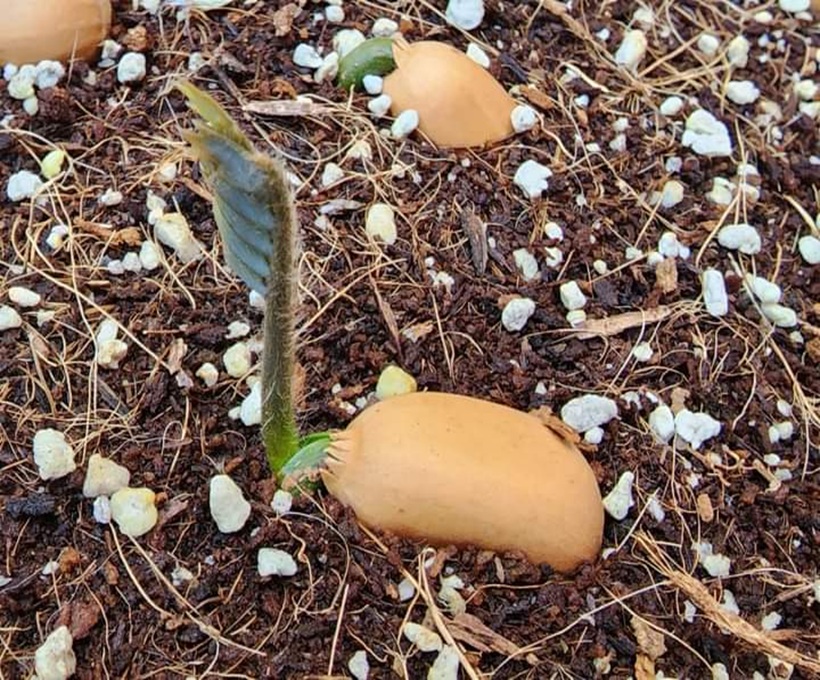Whatapp:
+278.3675.0634
Work Hours
Monday to Friday: 7AM - 7PM
Weekend: 10AM - 5PM

How to Germinate Cycad Seeds: A Step-by-Step Guide
Cycads are living fossils—ancient plants that have been around since the time of dinosaurs. Growing these majestic plants from seed can be incredibly rewarding, but it takes a bit of patience and the right technique. Whether you’re working with Cycas revoluta, Encephalartos, or another variety, here’s how to successfully germinate cycad seeds at home.
Step 1: Start with Viable Seeds
Fresh, healthy seeds are the foundation of successful germination.Perform a float test: Soak seeds in water for 24–48 hours. Viable seeds will typically sink, while non-viable ones float.
Discard any floaters, and remove all fruit pulp to avoid mold and pests.
Step 2: Clean and Disinfect After soaking:
Scrub off any remaining pulp.Soak seeds in a mild fungicide or 3% hydrogen peroxide for a couple of hours.Rinse and dry them thoroughly.
Step 3: Scarify the Seed (Optional)
Some growers gently file or nick the hard outer shell to help water penetrate and speed up germination. Be careful not to damage the embryo inside.
Step 4: Warm & Moist Conditions
Cycads love heat and humidity to germinate. Here’s how to create the perfect environment. Place seeds in a ziplock bag or covered container filled with moist (not wet) perlite, vermiculite, or coarse sand.
Maintain a consistent temperature of 80–90°F (27–32°C). Store in a shaded, warm spot with good airflow—like on top of a refrigerator, in a greenhouse, or a warm windowsill.
Step 5: Be Patient
Germination takes time—anywhere from 1 to 12 months, depending on the species. Check periodically for mold or rot. As soon as a radicle (root tip) appears, it’s ready to be potted.
Step 6: Potting Up
Use a well-draining soil—ideally sandy or gritty with good aeration. Bury the seed partially, with the root down. Keep the soil just moist, not wet, and place the pot in filtered light.
Final Tips
Patience is key—cycads are slow growers.
Don’t over-water—this is the number one killer of young cycads. Once they establish, they’re incredibly hardy and long-lived plants.